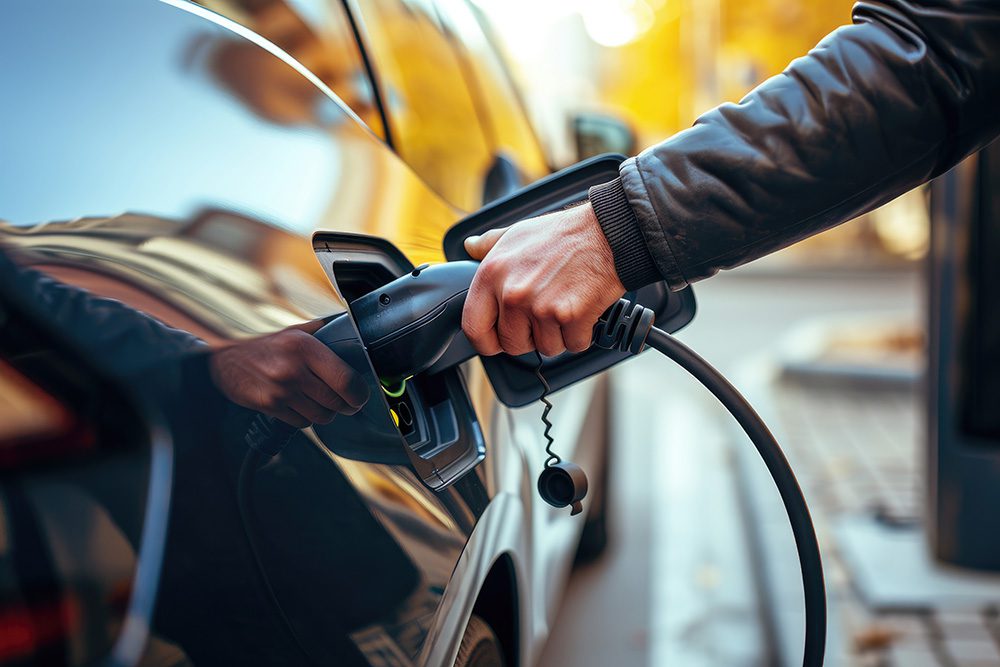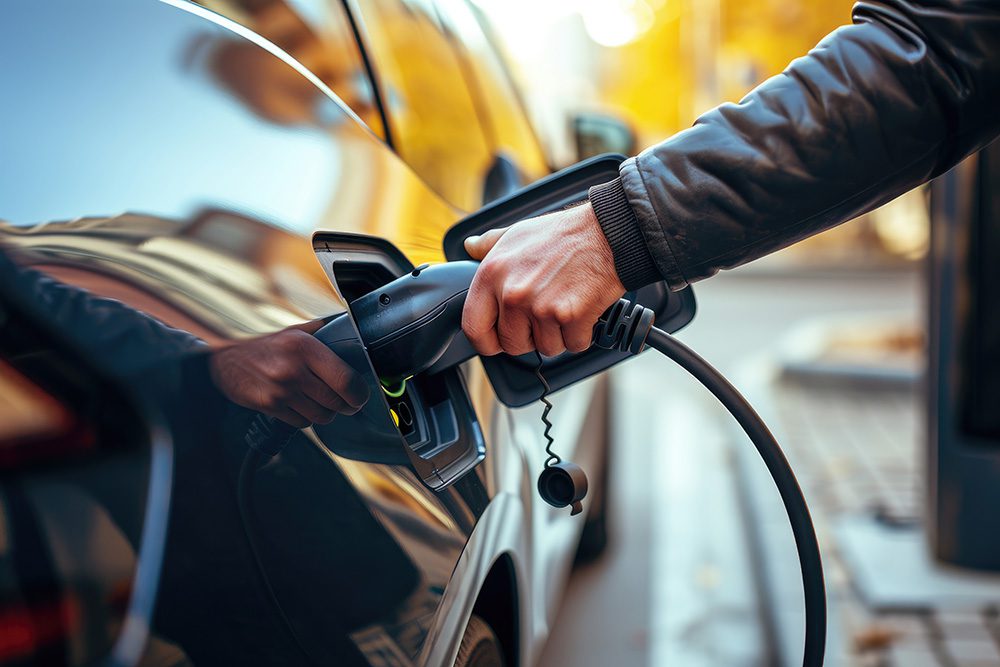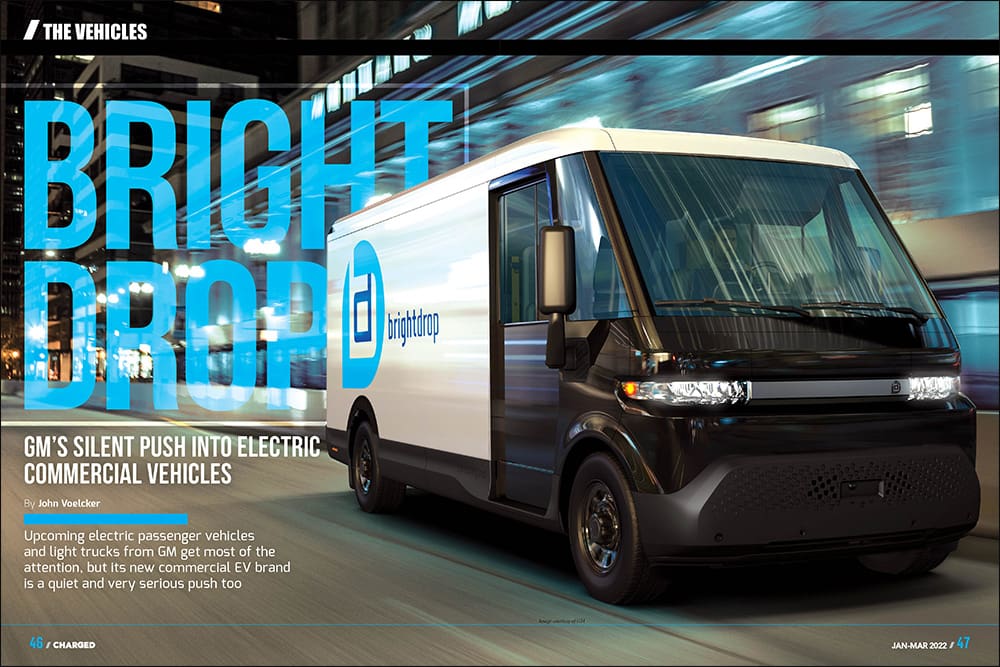## Ditch the Gas, Grab the Green: Yamaha Rolls Out Electric Golf Carts with a Battery Game-Changer Get ready to swap your gas-guzzling ride for a silent, eco-friendly alternative on the green! Yamaha has just unveiled a revolutionary new line of electric golf carts, boasting cutting-edge LFP battery technology developed entirely in-house. This isn’t just a minor upgrade, folks. We’re talking about a potential game-changer for the golfing world, promising longer range, faster charging times, and a whole lot less environmental impact. Curious to know how Yamaha plans to dominate the electric golf cart market? Dive in with us as we explore the features and potential of these innovative new machines. ⛳️⚡️
Event Transportation and Beyond

Golf carts are no longer just for the golf course. They have become an essential mode of transportation in various settings, including corporate and manufacturing campuses, airports, college and university campuses, hospitals, and event transportation. The potential for golf carts to be used in event transportation and other areas is vast, and Yamaha’s new electric golf carts with LFP battery technology are poised to revolutionize the industry.
With the ability to transport people efficiently and sustainably, golf carts are an attractive option for event organizers and facility managers. Yamaha’s new electric golf carts, with their improved performance and efficiency, are well-suited to meet the demands of event transportation. Whether it’s a music festival, sports event, or conference, these carts can provide a reliable and eco-friendly transportation solution.

Improved Performance and Efficiency
High-Precision AC Motor
Yamaha’s new electric golf carts feature a high-precision AC motor that offers superior speed and torque control, combined with optimized regenerative braking and a brushless design. This design enables the carts to achieve far greater efficiency than previous models, resulting in 30% lower power consumption.
The high-precision AC motor provides a smoother and more responsive ride, making it ideal for transporting people and goods around event venues and facilities. The optimized regenerative braking system also helps to reduce energy consumption, making the carts more environmentally friendly.
30% Lower Power Consumption
The impact of Yamaha’s new motor design on power consumption is significant. With 30% lower power consumption, the carts require less energy to operate, resulting in cost savings for operators and a reduced carbon footprint.
For event organizers and facility managers, this means that they can transport people and goods more efficiently and sustainably. The reduced power consumption also means that the carts can operate for longer periods on a single charge, reducing downtime and increasing productivity.
Practical Implications for Users
The improved performance and efficiency of Yamaha’s new electric golf carts have significant practical implications for users. With a smoother and more responsive ride, passengers will experience a more comfortable journey. The reduced power consumption also means that operators can reduce their energy costs and environmental impact.
Furthermore, the increased efficiency of the carts means that they can operate for longer periods on a single charge, reducing downtime and increasing productivity. This makes them ideal for event transportation and other applications where reliability and efficiency are crucial.
Industry Trends and Comparisons
Sensata Technologies’ i-BMS
Sensata Technologies recently debuted a new battery management system (BMS) at the Battery Show North America in Novi, Michigan. The i-BMS battery management system, developed by Lithium Balance, is a cell chemistry-agnostic, compact, integrated BMS designed for the cost-optimized mass-production of applications up to 60 V.
The i-BMS features a range of advanced features, including a built-in pre-charge circuit, on-board current measurement, MOSFET power switches for battery disconnect, and a DC/DC power supply. The system also includes software design features such as parallel pack and hot swap capability, and SoX algorithms designed to ensure high precision.
Comparison to Yamaha’s LFP Technology
Yamaha’s LFP battery technology is a significant development in the electric golf cart industry. Compared to Sensata’s i-BMS, Yamaha’s LFP technology offers high reliability and an extended lifespan, making it an attractive option for operators who require a reliable and efficient transportation solution.
While Sensata’s i-BMS is designed for a range of applications, including two-wheelers, three-wheelers, automated guided vehicles (AGVs), and robotics, Yamaha’s LFP technology is specifically designed for electric golf carts. This targeted approach enables Yamaha to optimize the technology for the unique demands of golf carts, resulting in improved performance and efficiency.
The Future of Electric Golf Carts
The debut of Yamaha’s new electric golf carts with LFP battery technology marks a significant shift in the industry. As the demand for sustainable and efficient transportation solutions continues to grow, Yamaha’s technology is poised to revolutionize the electric golf cart market.
The implications of this technology are far-reaching, with potential applications in event transportation, corporate and manufacturing campuses, airports, college and university campuses, hospitals, and beyond. As the industry continues to evolve, it’s clear that Yamaha’s LFP technology will play a major role in shaping the future of electric golf carts.
Conclusion
In conclusion, Yamaha’s unveiling of its electric golf carts featuring in-house-developed LFP battery technology marks a significant milestone in the electrification of the golf cart industry. As discussed in the article, this innovation boasts improved safety, reliability, and performance, setting a new standard for environmentally friendly golf cart solutions. With the LFP battery technology, Yamaha aims to reduce carbon emissions, minimize operating costs, and provide a seamless user experience.
The implications of this development are far-reaching, extending beyond the golf course to influence the broader electric vehicle landscape. As the world shifts towards sustainable transportation, Yamaha’s in-house battery technology paves the way for further advancements in EV development, potentially trickling down to other industries and applications. Moreover, this move showcases Yamaha’s commitment to innovation, underscoring the company’s position as a leader in the electric mobility sector.
As the golf cart industry continues to electrify, Yamaha’s LFP battery technology is poised to be at the forefront of this transformation. As we look to the future, it will be exciting to see how this technology evolves and is integrated into other electric vehicles. One thing is certain – with Yamaha’s pioneering spirit and commitment to sustainability, the future of electric mobility has never looked brighter. As the world drives towards a greener tomorrow, one question remains: what other innovative solutions will emerge to propel us forward, and which companies will take the lead in shaping the electric revolution?


Add Comment